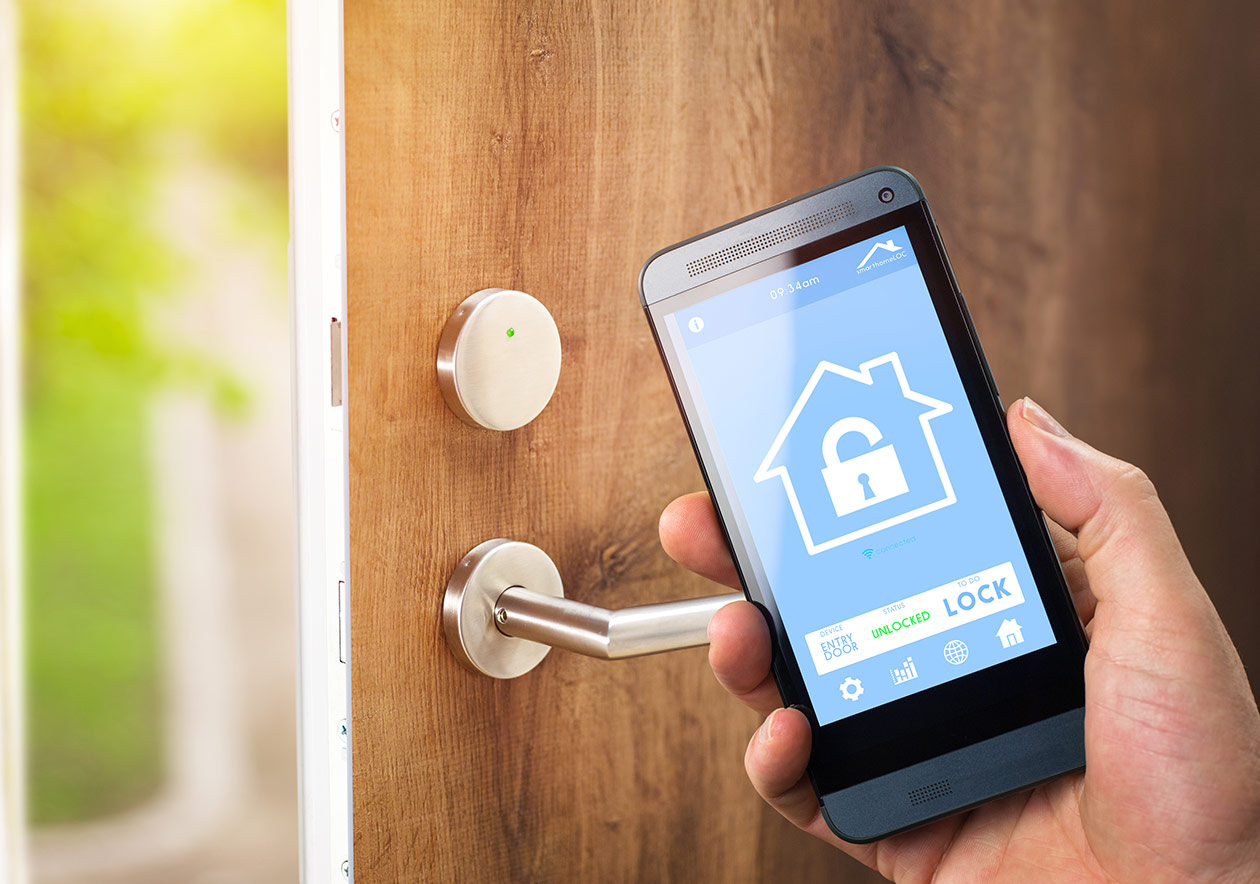Charlotte Pfahl, 68, prefers using an old-school mechanical key to access her New York City apartment.
So when her landlord modernized the building and installed a smart lock in 2018, she and several other residents over 65 were not thrilled about it.
A few didn’t own smartphones, so they were locked out of the entrance to elevators. Those who did have a smartphone had to keep it charged, otherwise they couldn’t gain access to the lobby where mail and packages were stored, said Pfahl, a retired lawyer.
So five of them sued and won.
“We were concerned that if you lose power, the smart lock wouldn’t work. It would either lock closed or lock open,” Pfahl said. “We don’t have on-site management, so if the power goes out, as it did once, you can’t get access to your unit.”
With all of today’s technological advancements making life “easier,” it’s sometimes easy to forget that there are pros and cons to switching to any new system.
How Jeff Bezos was reportedly hacked: Could you be next?
Online church: Ministries use VR, apps to deliver digital services and virtual baptisms
For those looking for a convenient way to monitor whether they remembered to lock up their home, smarter latches are an easy sell. They work with smartphones that most of us have, and you can program them to identify your best friend and let them in without you having to leave your seat.

